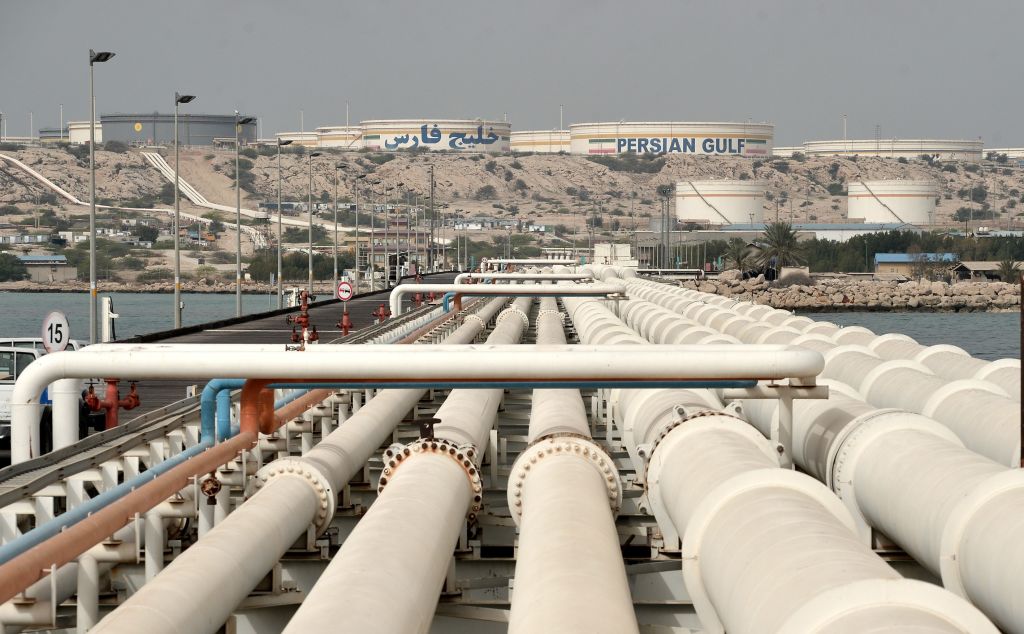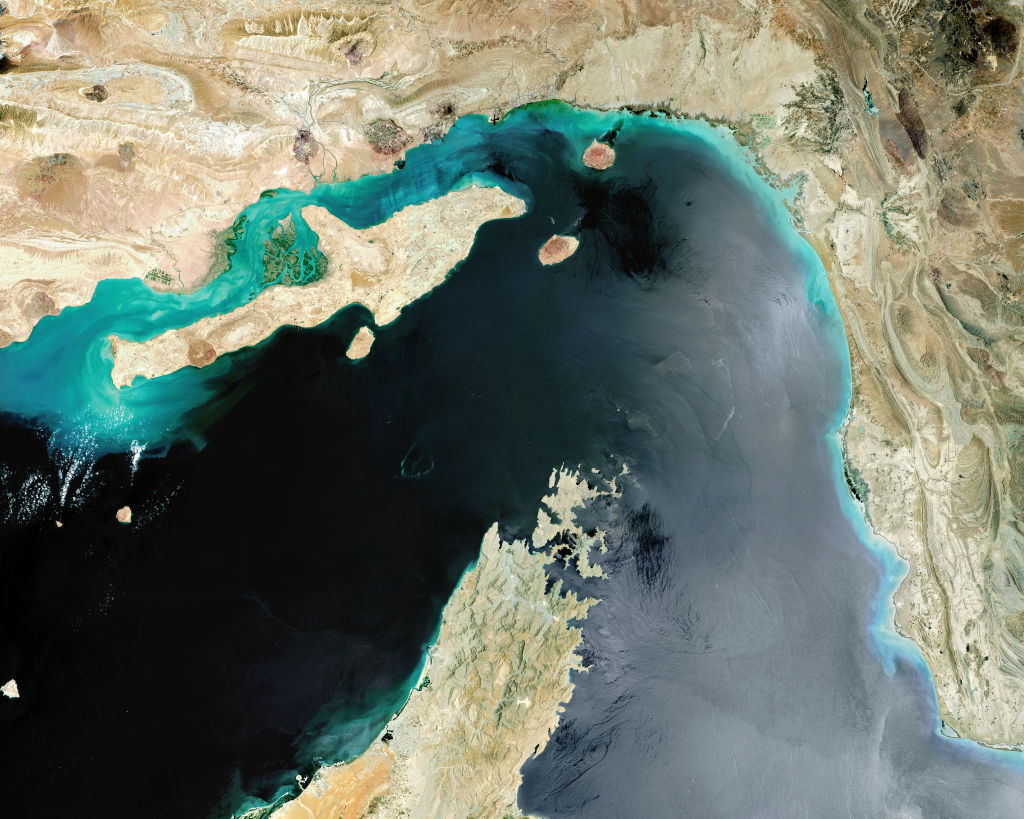
Is Ford Headed For Bankruptcy?
Ford has been on a roll for the last few years with 2020 and 2021 marking a period of many new models debuting. It’s also a time for cleaving away storied sedan brands like the Taurus, Focus, and Fusion. But throughout the last few years, one thing has been consistent. Ford’s share price has been in a steady decline since 2014. There are other problems facing the company too. If-or rather when the next recession hits it could spell the end of Ford.
Though Ford is well aware of the optics, it faces a time clock running out of time. It is investing billions of dollars in electric and autonomous innovations that can put them in a terrific position. They’re in a hurry to innovate after a few years of malaise. But the payoff for most of this technology investment won’t be realized for many years. Maybe decades. What happens if the recession hits before the ability to monetize any of these investments?
90% of Ford profits come from the F-150

Then there is its dependence on a single-vehicle. We know that the F-150 is the franchise. Almost 90% of Ford’s profits come from the mighty pickup. You can understand why it is killing off all of its sedans if combined they make single-digit profits. It has been the number one best-selling vehicle in the US for 38 straight years.
But the fuel economy of an F-150 comes front and center when there’s a recession, or gas prices skyrocket. With the worsening developments in the Middle East, we know gas prices will climb. Even when you consider how much oil we generate now in the US.

Oil is a global commodity. US barrels of oil won’t remain cheap if it goes through the roof in the rest of the world. The demand from all of those countries for our cheap oil will adjust the price up.
If tensions with Iran rise further we could see a “black swan event”

The escalating tensions with Iran will be focusing on the Strait of Hormuz. Oil from the United Arab Emirates, Iran, Iraq, Kuwait, and a few others must pass through that tiny sliver of sea.
Over 20% of the world’s oil travels through the strait, according to CCN. If Iran were to close the strait oil prices would skyrocket. It would be what is called a “black swan event.”
A black swan event is when an unexpected catastrophic incident cranks oil prices up-be they natural or man-made. If this were to happen, there are too many fuelish alternatives for your F-150 gas guzzler. F-150 sales would absolutely flatten out. And, nice used F-150s would become almost worthless overnight.
Ford sales in China have been on a dive for three years

Some of the handwriting is already on the wall. Ford sales were down 3% in 2019 due mainly to China. Sales of Ford vehicles there dropped by over a quarter. But that’s not all. Before that, it recorded a 38% decline in 2018 and a 6% drop in 2017 in China. Forecasts indicate the downward trend will continue in 2020.
Ford’s efforts to get a big slice of China’s vehicle market, the largest in the world, is failing. It won’t be able to depend on it as a buffer for other global crises. Without sales there and in the US due to a recession, it will be too much to overcome. Development money has eaten up profits and there won’t be enough left to float Ford through an extended recession.



